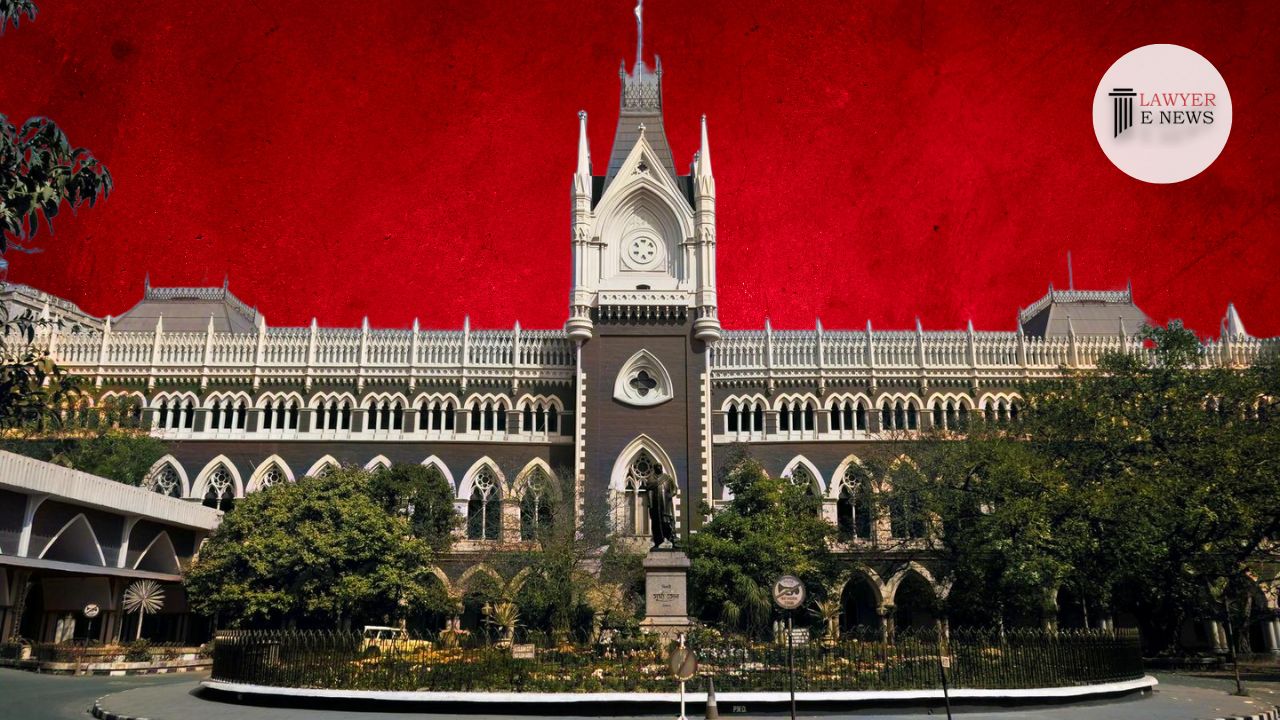-
by Admin
20 February 2026 4:14 AM



In a significant ruling, the High Court of Calcutta has acquitted Bimal Paul in a long-standing abetment to suicide and cruelty case, citing substantial inconsistencies and lack of direct evidence. The verdict, delivered by Hon’ble Justice Subhendu Samanta, has overturned the earlier conviction by the Sessions Court.
Justice Samanta’s observation highlighted a crucial point in the acquittal: “There is no direct evidence in this case regarding the fact that Padma was inflicted torture whether physically and mentally by the present appellant.” This statement underscores the court’s rationale behind questioning the sufficiency of the evidence presented by the prosecution.
The case, which originated from a complaint filed by Gita Pal, accused Bimal Paul of torturing her daughter Padma, leading to her suicide. However, the High Court noted significant discrepancies in the testimonies of prosecution witnesses and the absence of clear proof of cruelty as defined under Section 498A of the IPC.
Justice Samanta also critically examined the applicability of Section 113A of the Indian Evidence Act in this case. He remarked, “The presumption u/s 113A of Evidence Act is a rebuttable presumption,” indicating that the mere occurrence of suicide within seven years of marriage does not automatically imply abetment by the husband.
The judgment extensively deliberated on the circumstances surrounding the marriage and subsequent events, including the mental state of the victim following the loss of her child. The court observed that these factors, coupled with the family’s socio-economic condition, did not conclusively point towards cruelty or abetment.
Date of Decision: 15 January 2024
Sri Bimal Paul VS State of West Bengal
